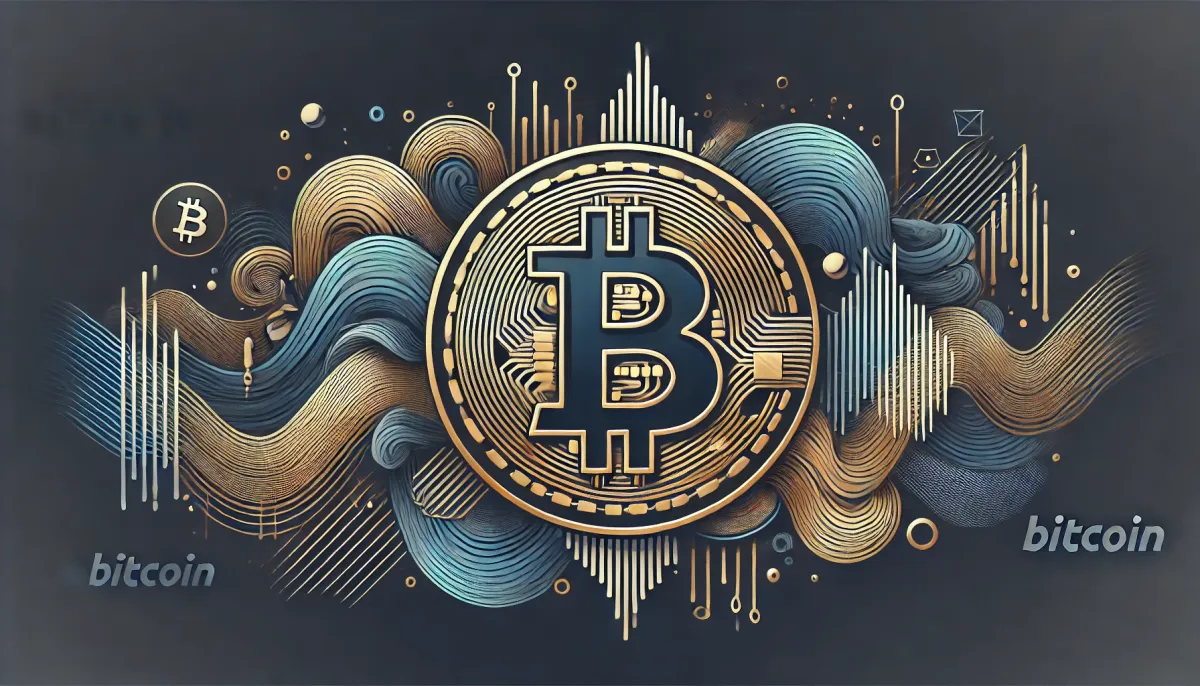Navigating Volatility: Bitcoin Mining Insights from McNallie Money
In the Sept 10, 2024 McNallie Money episode, the hosts discuss the recent trends and volatility in Bitcoin mining, particularly focusing on the performance of Bitcoin mining stocks and the impact of Bitcoin ETFs on market dynamics.

Short Takes
My 'short take' summaries focus on the content of podcast episodes; they do not reflect my own views. If you have comments about this short take note, please leave a comment below (requires signing up for a free blog subscription). Note that some of the podcasts I summarize are likely sponsored episodes: don't trust, verify, if the information you are looking for is to be used for decision-making.
Summary
The September 10, 2024 episode of McNallie Money explores the volatile landscape of Bitcoin mining, highlighting the impact of ETF movements, the shift towards institutional investment, and the strategic integration of High-Performance Computing. The discussion underscores the challenges and opportunities facing miners as they adapt to evolving market dynamics and investor expectations.
Take-Home Messages
- ETF-Driven Volatility: ETF inflows and outflows significantly impact Bitcoin miner stock prices, requiring strategic risk management by companies.
- Institutional Investment Dynamics: Increased transparency and engagement from mining executives are attracting institutional investors, altering the investment landscape.
- HPC as a Diversification Strategy: High-Performance Computing integration is emerging as a key strategy for miners seeking to stabilize and diversify revenue streams.
- Challenges for Small Miners: Capital constraints and technological gaps pose ongoing challenges for smaller miners, highlighting the need for strategic mergers and partnerships.
- Proactive Regulatory Alignment: Anticipating and adapting to regulatory changes, especially around energy consumption, is crucial for sustained success in the mining sector.
Overview
The podcast provides a detailed look into Bitcoin mining's current volatility, driven by ETF inflows and outflows that affect miner stock performance. Hosts Bryce McNallie and Anthony Power discuss how institutional investors are increasingly influencing the sector, drawn by greater transparency and operational insights from mining executives.
The integration of High-Performance Computing (HPC) into mining operations is presented as a promising diversification strategy, offering miners a way to stabilize revenues despite Bitcoin price fluctuations. However, the hosts caution that this approach requires substantial investment and planning, highlighting the ongoing challenges faced by smaller miners, including capital constraints and the need for technological advancements.
Broadcast Highlights
- Bitcoin ETF Volatility: Discussion on how ETF inflows and outflows drive miner stock volatility.
- Institutional Shift: Exploration of the increasing role of institutional investors in the mining sector.
- Mining Equipment Valuation: Insights on how Bitcoin price changes affect the valuation of mining hardware.
- Foreign Exchange Impact: Analysis of how exchange rate fluctuations impact international investments in mining stocks.
- HPC Integration: Consideration of High-Performance Computing as a diversification strategy.
- Enhanced Transparency: Increased expectations for transparency from Bitcoin mining companies.
- Market Cap Dynamics: Examination of market cap fluctuations among major Bitcoin miners.
- Small Miner Challenges: Highlighting capital constraints faced by smaller miners.
- Regulatory Considerations: Potential impacts of future energy-related regulations on mining operations.
- Technological Advancement: The importance of staying competitive with mining hardware innovations.
Implications
Bitcoin mining companies must adapt to a rapidly changing environment shaped by market volatility, institutional investor expectations, and evolving regulatory landscapes. Embracing transparency and enhancing governance will be crucial for attracting and retaining institutional investment. The shift towards HPC could mitigate reliance on Bitcoin’s price but demands significant resources and strategic foresight.
Smaller miners, constrained by limited capital and access to cutting-edge technology, may need to explore mergers or innovative financing to stay competitive. As the industry grapples with potential regulatory changes, particularly around energy use, proactive measures and sustainable practices will be key to long-term success and investor confidence.
Future Outlook
The future of Bitcoin mining hinges on balancing operational agility with strategic innovation. Miners that can effectively integrate HPC, maintain technological competitiveness, and align with regulatory expectations will be best positioned to thrive. The ongoing shift from retail to institutional investors will likely drive further professionalization of the sector, setting a foundation for more stable growth amidst Bitcoin's inherent volatility.
Information Gaps
- Impact of ETF Volatility on Miner Stability: Understanding the direct effects of ETF-driven price movements on miner financial health.
- Concerns of Institutional Investors: Identifying the primary factors that influence institutional investment decisions in Bitcoin mining.
- HPC Integration Challenges: Exploring the financial and operational hurdles of incorporating High-Performance Computing into mining.
- Regulatory Adaptation Strategies: Determining effective measures miners can take to align with future energy regulations.
- Technological Competitiveness: Investigating strategies for miners to stay ahead amidst rapid advancements in mining technology.
Broader Implications for Bitcoin
Institutional Investment
The shift towards institutional investors is pushing Bitcoin miners to enhance transparency and governance, which could attract more stable capital but also increase regulatory oversight. This transition signifies a maturing sector aligning with traditional financial standards.
HPC Integration
Incorporating High-Performance Computing (HPC) offers miners a way to diversify revenue beyond Bitcoin's price, potentially stabilizing income. However, the high costs and technical demands of HPC create barriers, particularly for smaller miners, increasing the competitive divide.
Technological Advancements
Staying ahead in mining hardware technology is crucial for efficiency and competitiveness. Investing in the latest advancements can reduce costs and meet environmental expectations, while falling behind could lead to increased operational costs and reduced market share.
ETF Volatility
Bitcoin ETF volatility significantly impacts miner stock prices, highlighting the need for miners to develop robust risk management strategies. This financial interplay underscores the importance of stabilizing operational revenues to mitigate market fluctuations.



Comments ()